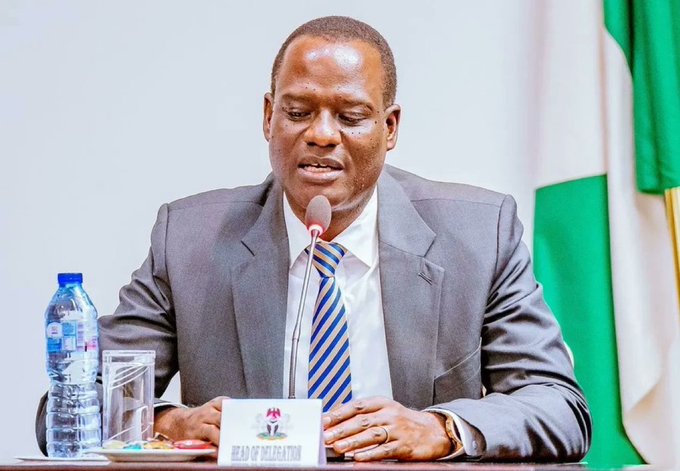Starting January 1, 2026, Nigerians earning less than ₦800,000 annually will be exempt from paying personal income tax, according to the Federal Government’s newly approved tax policy. The reform is part of a broader strategy to ease the financial burden on low-income earners and promote equity in the nation’s tax system.
The policy, announced by the Presidential Committee on Fiscal Policy and Tax Reforms, aims to simplify compliance, expand the tax net, and stimulate economic participation among the informal sector. It replaces the previous threshold of ₦300,000, which had remained unchanged for over a decade.
Chairman of the committee, Taiwo Oyedele, emphasized that the reform aligns with global best practices and is designed to ensure that taxation does not penalize the poor. He added that the policy will be accompanied by digital tools to streamline filing and reduce leakages.
The move has been widely welcomed by civil society groups and economic analysts, who see it as a step toward a more inclusive and progressive tax regime. However, some experts caution that the government must balance revenue needs with social protection goals, especially amid rising public debt and inflation.





